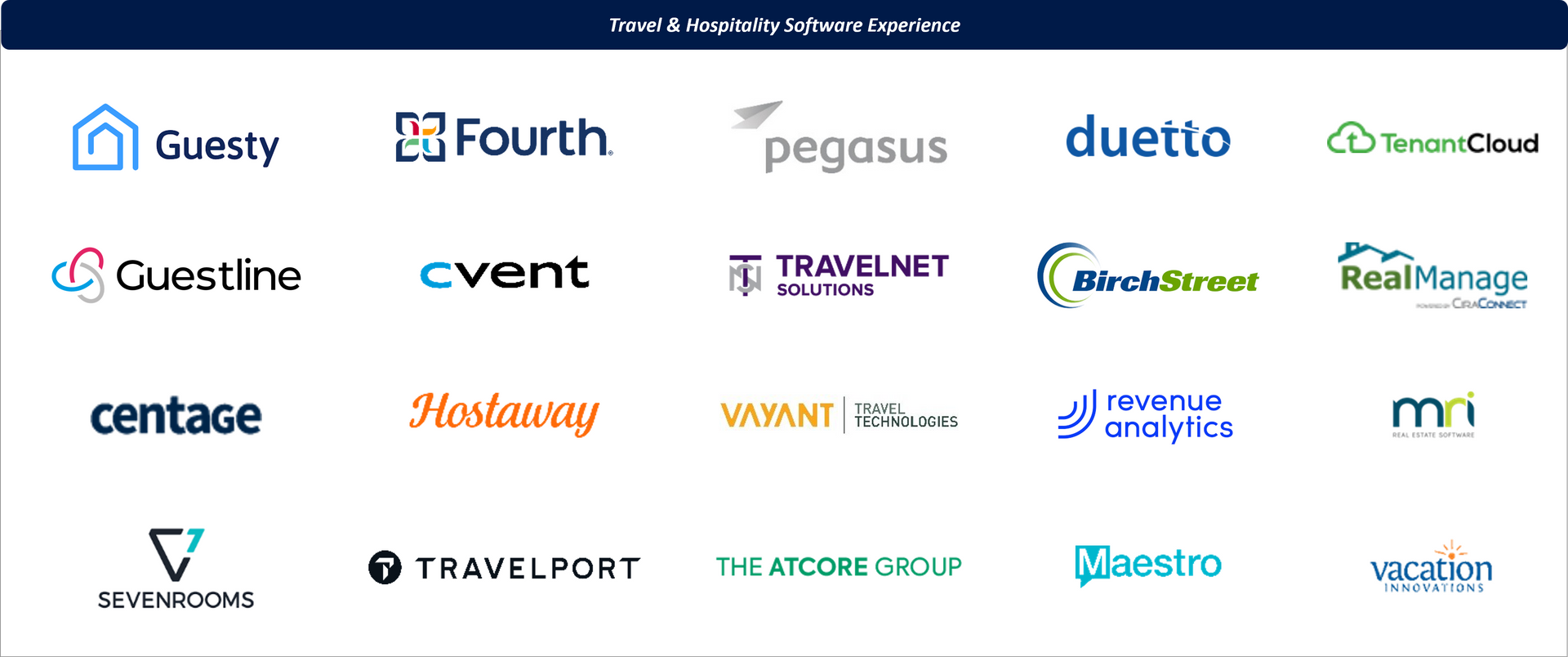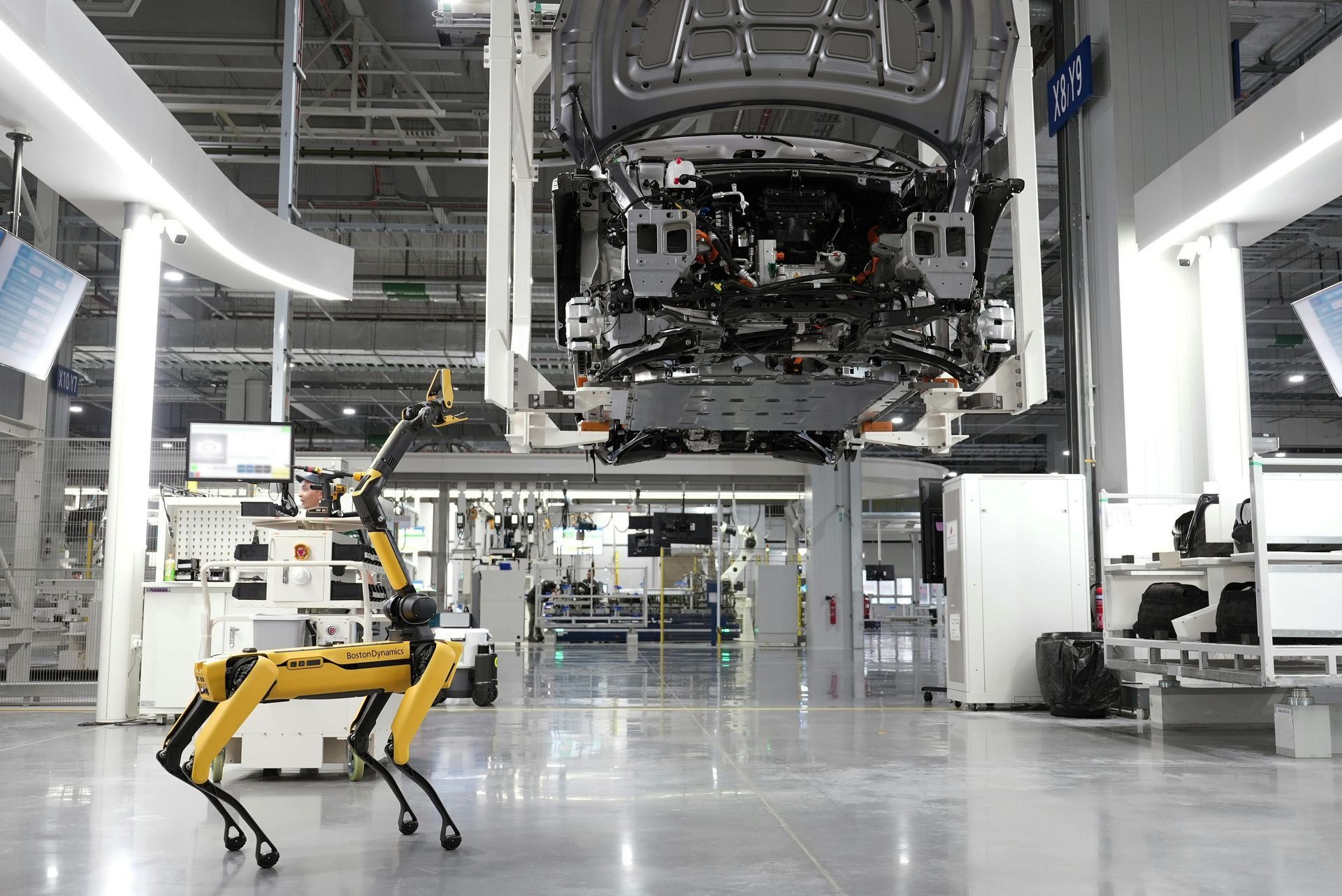Share
Travel & Hospitality Tech: Growth Opportunities Amid Legacy System Replacement and STR Expansion
Property Management Systems (PMS) are a key component of hotel technology and have high adoption levels across hotels globally. However, there is a large installed base of under-invested legacy providers (e.g., Oracle’s OPERA product) that are being replaced, creating opportunities for newer, cloud-native providers (e.g., Mews).
In parallel, less adopted areas of the hotel tech stack are also experiencing growth. This expansion is more often driven by white or grey space adoption rather than competitive displacement. Notably, segments such as revenue management, hotel competitive intelligence, and guest experience or operations-focused solutions are seeing increased traction as hotels seek to modernize and differentiate through technology.
The US and European hotel markets are sizable but differ significantly in structure. Large hotel chains predominate the US market, while in Europe the market is extremely fragmented, with independents and small national chains making up the majority. This structural difference necessitates distinct go-to-market approaches. In the US, major brands may mandate or strongly recommend specific solutions, effectively creating an enterprise-style sales environment. In contrast, sales in Europe tend to be more "bottom up," targeting independents and smaller chains.
An adjacent segment within hospitality technology is PMS for short-term rental (STR) properties and holiday lets. These platforms allow professional STR property managers to manage inventory across multiple booking channels (e.g., Airbnb, Expedia, Booking.com) and oversee key operational tasks such as check-in/out and property cleaning. The STR tech sector has experienced substantial growth, driven by the rise of Airbnb and the increasing presence of STR inventory on online travel agencies (OTAs).
Drivers and constraints in Hospitality Tech: Travel Rebound, Cloud Migration, and Regulatory Headwinds
Travel demand:
As of mid-2025, many regions are experiencing a robust recovery in travel demand following the pandemic. Hotels in the US and Europe experienced record levels of leisure travel in 2022–2023, alongside a rebound in business travel. This renewed top-line growth has given hoteliers the confidence and the cash flow to reinvest in technological upgrades that may have been previously deferred.
Cloud migration:
The hospitality sector is rapidly accelerating away from legacy, on-premise systems in favor of cloud-native PMS and CRS platforms. While Oracle continues its efforts to migrate its large OPERA install base to Opera Cloud, modern rivals such as Mews and Cloudbeds are gaining ground, particularly among independent properties and smaller chains.
Guest experience and operations:
There is continued growth in technologies that enhance guest experience and streamline hotel operations. These solutions address critical pain points around labor availability and evolving guest expectations. There is significant opportunity for growth, particularly among mid-market operators who are only now adopting technologies such as mobile check-in and staff workflow management apps.
STR regulation:
In many cities across the US and Europe, local governments have introduced stricter regulations for short-term rentals. Measures include limitations on the number of rental nights, licensing requirements, and, in some cases, outright bans in certain areas. While these regulations can constrain the growth of the STR market by reducing the number of listings or requiring more professionalization, they also drive increased adoption of technology to ensure compliance.
PE Doubles Down on Hospitality Tech Amid SaaS Growth and Consolidation Trends
Deal activity in the hospitality tech space has been robust across different segments. Growth equity investors continue to back high-performing assets, KKR’s investment in Lighthouse and General Atlantic’s in Hostaway are recent examples, often at unicorn valuations to support continued expansion.
Large-scale carve-outs are also gaining momentum, with TPG’s acquisition of Sabre’s hotel tech division illustrating the strategy of unlocking value in standalone assets.
In parallel, PE-backed platforms are actively pursuing strategic acquisitions, as seen with Mews expanding its portfolio through newly secured funding.
Overall, private equity interest is high, driven by the sector’s attractive fundamentals: recurring revenue SaaS models, accelerating digital adoption across hotels and STRs, and significant opportunities for consolidation.
What's Ahead in H2: High-Growth Segments Driving Hospitality Tech Investment
Investor momentum is expected to carry through the second half of the year, with continued focus across high-potential sectors. Cloud-native PMS platforms, guest experience and operations-focused solutions, and short-term rental technologies are likely to remain particularly attractive. These areas not only demonstrate strong growth fundamentals but also align with broader industry trends around digitization, operational efficiency, and greater automation, making them prime targets for ongoing investment.
Representative Recent Travel & Hospitality Experience

Read More







